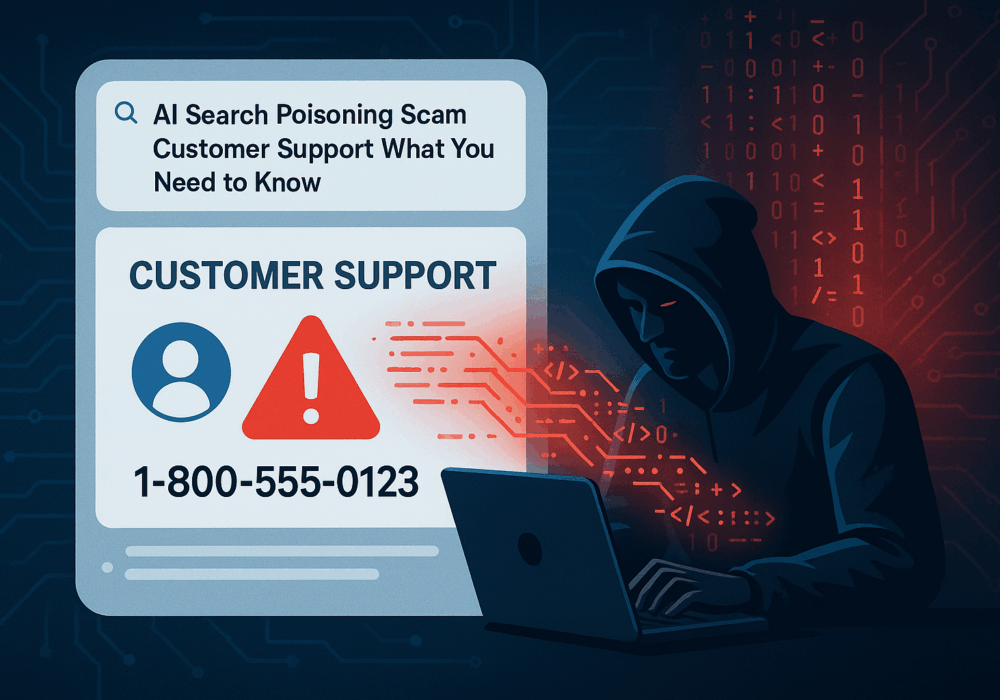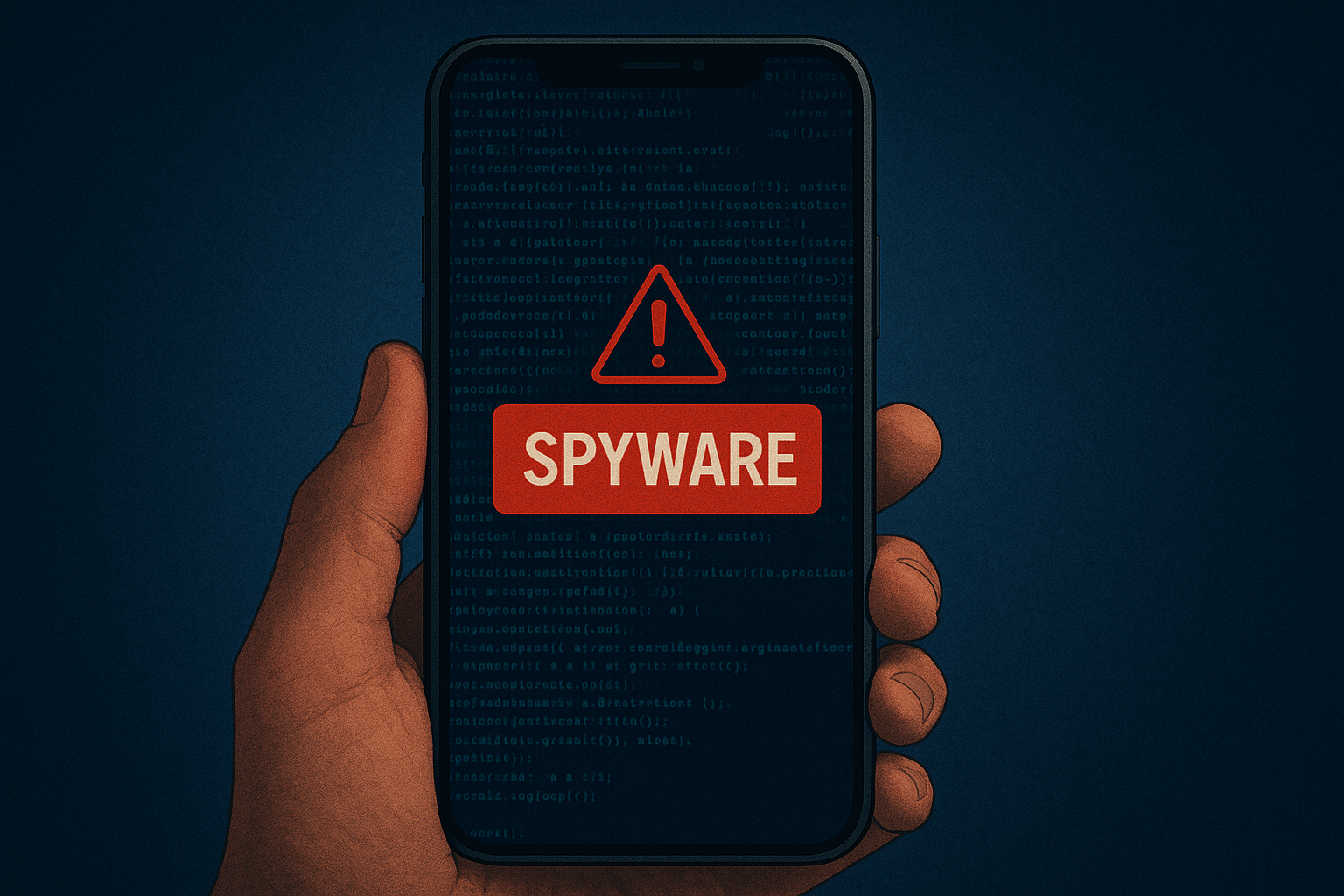Hackers get money by selling our data on the dark web. What our data is worth depends on many factors such as how complete the record, how many records there are, how current is the data, can it be used for identity theft or maybe to compromise more businesses and gain access to even more valuable data. Healthcare records, credential databases, and complete financial records are highly sought after by hackers all over the world.
The challenge with Health records being stolen is they cannot be replaced with a new “record”. Your health record is your health record. Even your Social Security Number can now be replaced in special circumstances, however, your health record is static. It is also helpful in Identity theft as well. This is why it is worth 10 to 20 times more than financial records on the dark web. Healthcare organizations try valiantly to prevent the theft and privacy of our health records. The challenge is they have to be perfect and hackers only have to be successful one time.
To tip the scales in your favor against the increasingly sophisticated and numerous attacks on your critical and sensitive data, consider signing up with CyberHoot and implementing the best practices shown below.
CyberHoot believes that for many small to medium sized businesses and MSPs, you can greatly improve your defenses and chances of not becoming another victim of cyberattack if you follow the advice above.
We hope you’re enjoying Cybersecurity Awareness Month (CAM). Visit or subscribe to CyberHoot’s Facebook, LinkedIn, or Twitter pages to get daily updates throughout the month.
Additional Reading:
Why Medical Records are so Valuable on the Dark Web
Can I change my Social Security Number in the US?
Discover and share the latest cybersecurity trends, tips and best practices – alongside new threats to watch out for.

Cybercriminals always follow Internet eyeballs. Not literally, but figuratively. And today's eyeballs are...
Read more
Active Attacks on Messaging Apps The Cybersecurity and Infrastructure Security Agency (CISA) recently issued...
Read more
The world of work has changed enormously since COVID-19. Gone are the days when IT admins sat behind a corporate...
Read moreGet sharper eyes on human risks, with the positive approach that beats traditional phish testing.
